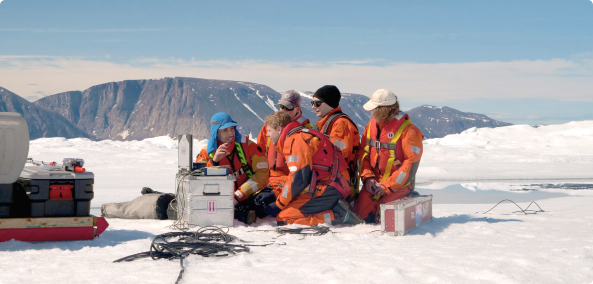IPF Board Member Piet Steel Honoured with Japan's Order of the Rising Sun
Piet Steel, a distinguished Belgian diplomat, International Polar Foundation (IPF) Board Member, and Honorary Consul of Japan in Flanders, was awarded the prestigious Order of the Rising Sun, Gold Rays with Neck Ribbon, on Tuesday, July 1st. The esteemed decoration recognizes his dedicated efforts over many years to foster exchange and deepen the friendship between Japan and Belgium.











